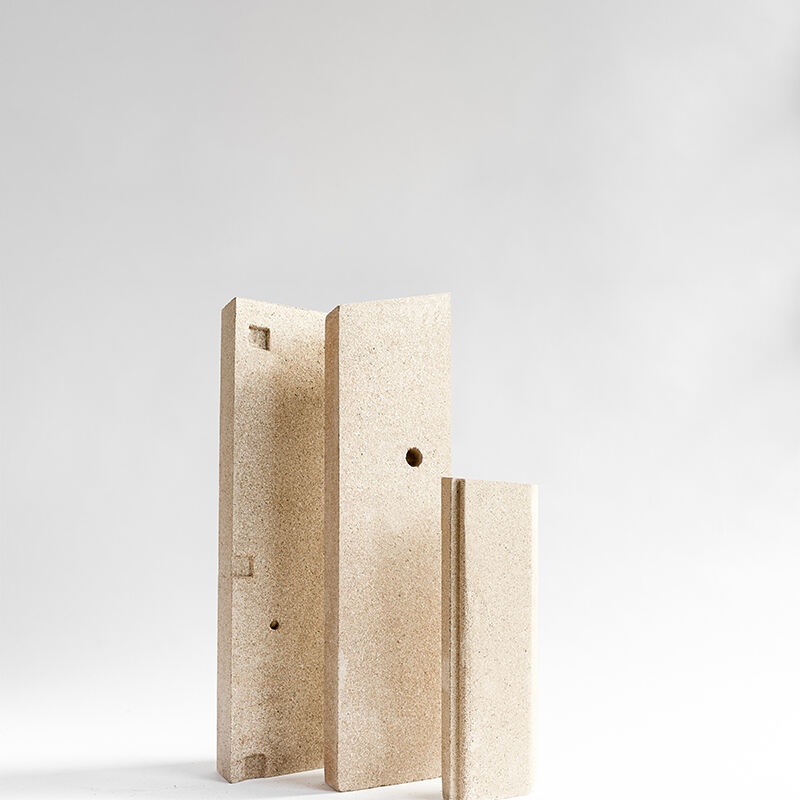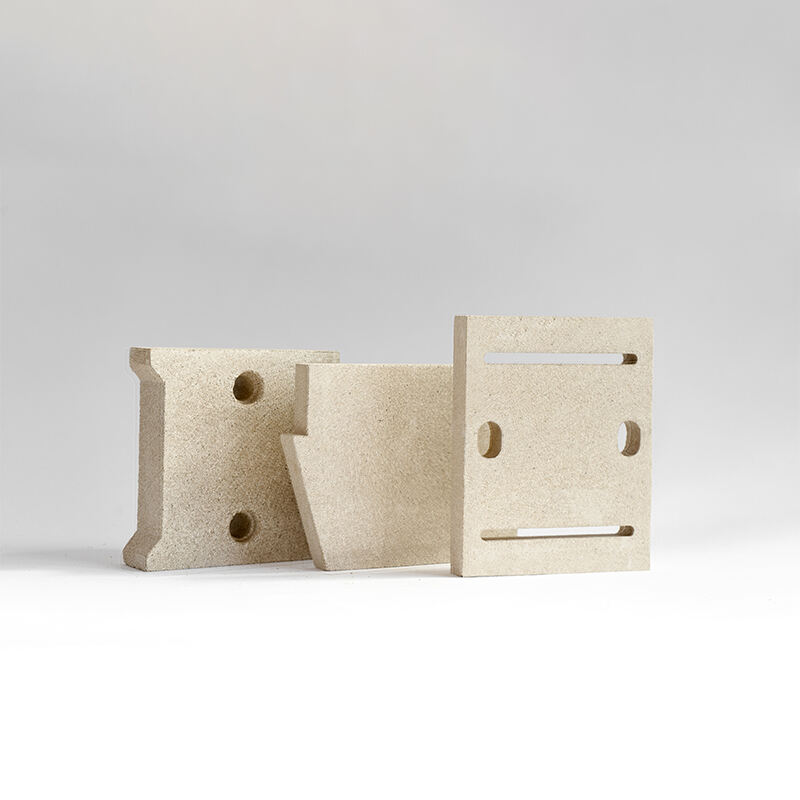Expanded vermiculite firebrick properties make them a superior choice for thermal insulation and fire protection in various industrial and residential applications. Expanded vermiculite, a key component in these firebricks, is derived from a naturally occurring mineral that undergoes a controlled expansion process, resulting in a lightweight, porous material with exceptional thermal resistance. These firebricks exhibit low thermal conductivity, meaning they effectively resist heat transfer, making them ideal for lining furnaces, kilns, and fireplaces. Their lightweight nature simplifies installation and reduces structural loads, while their non-combustible properties ensure safety in high-temperature environments. Expanded vermiculite firebricks are also resistant to thermal shock, preventing cracking or spalling under rapid temperature changes, which enhances their durability and longevity. Additionally, these firebricks are chemically inert, protecting them from corrosion and degradation caused by molten metals or reactive gases, making them suitable for use in steel ladles, aluminum melting cells, and other industrial equipment. The porous structure of expanded vermiculite also provides sound insulation properties, reducing noise levels in industrial settings. Bitewater (Shenzhen) Technology Co., Ltd. incorporates advanced manufacturing techniques to ensure uniform quality and performance across all expanded vermiculite firebricks. These firebricks are available in various grades and shapes, allowing for customization to specific application requirements. By choosing Bitewater's expanded vermiculite firebricks, industries and homeowners can achieve significant energy savings, improve operational efficiency, and enhance safety standards. Their long service life and low maintenance requirements make them a cost-effective investment for any setting requiring reliable thermal insulation and fire protection solutions.


